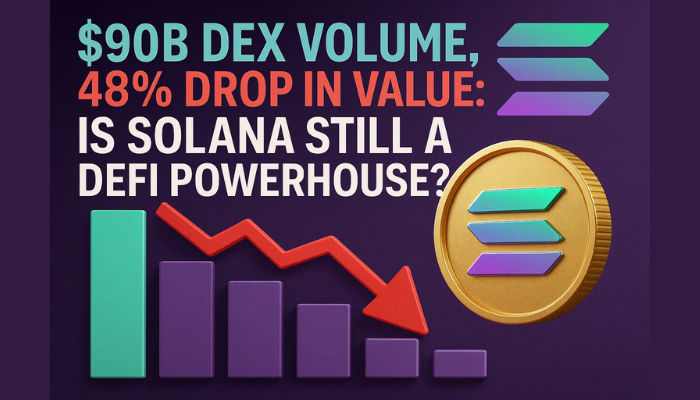China’s Crackdown Opens Adoption for Defi Exchanges

Making its way for its own central bank digital currency (CBDC) adoption, the People’s Bank of China has banned all crypto-related business transactions. All cryptocurrency transactions and trading are now deemed illegal, and violators will be apprehended and prosecuted. China believes that Bitcoin and the like are untrusted securities and will just harm the financial assets of the Chinese people. This is not the first time that China has utilized a crackdown on cryptocurrency. The latest regulation caused FUD (fear, uncertainty, doubt) in the crypto space, but many believe that the impact is temporary and will not affect the market in the long run.
But these repeated crackdowns will not stop the Chinese people from finding creative ways to buy, sell, trade and even hold digital assets. Many of them are flooding the DeFi World, and they see it as an alternative option to Bitcoin and Ethereum. Decentralized exchanges only require a crypto wallet without KYC, and they only rely on smart contracts, which makes them easy to acquire. There are also a wide variety of projects to choose from, and there is a vast collection of digital collectibles for play-to-earn NFT games.
DEX usage as per report
In support of this, reports say that decentralized exchanges, like Uniswap and Sushiswap, have seen a rapid increase in usage, with a growth of (+36.8%) and (+27.2%) in the past 24 hours. Other DEXes, such as PancakeSwap (+12.6%), PerpetualProtocol (+60%) and Mdex (+30%), are coming in hot. The most outstanding DEX tokens now are PERP and DYDX, with PERP tokens having gained 55% in the last 24 hours and DYDX surging to an all-time high of 35.9%. Historically, this is the first time that the DYDX DEX has exceeded its rival Coinbase in terms of trade volume.
In Conclusion
This unexpected turn of events has made way for world adoption of DeFi, since many Chinese crypto enthusiasts are looking for an alternative in which to invest their virtual assets. This only goes to show that shutting down crypto activities, even in a large country, is apparently impossible.
- Check out our free forex signals
- Follow the top economic events on FX Leaders economic calendar
- Trade better, discover more Forex Trading Strategies
- Open a FREE Trading Account


